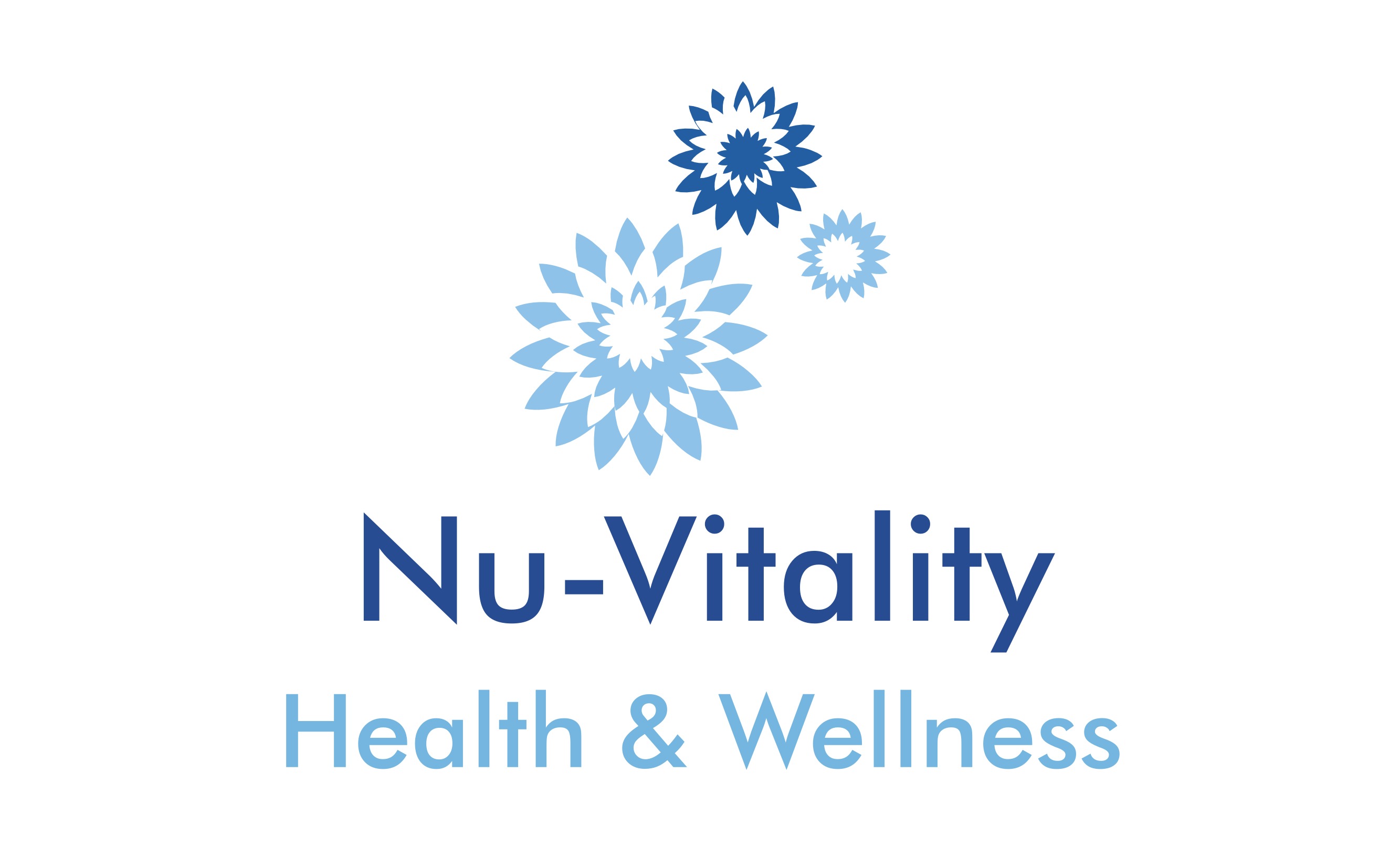 May marks Mental Health Awareness Month!
May marks Mental Health Awareness Month!
Nutrition plays an important role in brain health. This is no surprise, since your brain uses more than 20% of your daily calories! What you eat impacts your mental health and can influence your mood.
In her book, Food and Healing, Anne Marie Colbin writes, “Mood. . . can be one of the first indicators that something is out of kilter . . . A change in diet, which can be embarked upon at any time, at any hour of the day, can make us feel more centered, improve our disposition and concentration, and even increase our joyfulness and good cheer.”
Many things can trigger a bad mood, including changes in blood sugar. The very sweets that we rely on to elevate our mood tend to cause an emotional slump an hour later. In women, hormonal changes, like PMS or menopause, can cause symptoms of depression and angry outbursts. As men age and testosterone levels decrease, changes in mood are more likely to occur. But a reduced level of serotonin is, at least in part, responsible for much of the grumpiness we experience (and others, like our fellow employees and family members, must endure).
These foods, nutrients, and strategies can contribute to regulating serotonin levels, helping you achieve a more positive state of mind:
- Balancing blood sugar levels can improve your mood! Begin your day with 20 grams of protein and include protein with every meal and snack. Reduce all sugary beverages, snacks, as well as refined starchy foods.
- Probiotics: Ninety percent of serotonin (your body’s ‘feel good’ chemical) is made in the gut by intestinal bacteria – they literally are mind-altering micro-organisms! Some probiotic foods include yogurt, Greek yogurt, kefir, pickles, sauerkraut or other fermented vegetables, and sourdough bread.
- Include more omega-3 in your diet to reduce irritability, aggression, symptoms of depression and to enhance learning. Fatty fish like salmon, trout, sardines, and mackerel, as well as walnuts, chia seeds, and hemp seeds are great sources.
- B vitamins play a role in every function of your nervous system and are your main stress-fighting nutrients. Dark leafy greens and whole grains are the best food sources, but a B complex supplement is helpful during times of stress or when you’re in a bad mood.
- Low levels of vitamin D are linked to mood, irritability, and depression. Best sources: sunshine, sockeye salmon and other fish, cod liver oil, milk, and eggs.
- L-tryptophan raises serotonin levels. When food sources of L-tryptophan are eaten with carbohydrates, they help keep you calm and promote good sleep. Find L-tryptophan in seaweed (sushi), spinach, eggs, pumpkin seeds, dairy products, fish and shellfish.
- The L-theanine in a cup of green tea simultaneously rejuvenates and relaxes you. The amino acid promotes alertness and mental endurance. Feel the results within 45 minutes of drinking a cup of green tea.
- Increase your water intake to improve memory and other cognitive abilities.
- Dark chocolate: Dark chocolate can improve mood, memory, and reaction time. Treat yourself to 3 squares of dark chocolate with a cocoa content of 60% or more daily.
This material is an excerpt from the seminar, “Good Mood Foods“.

❤
LikeLike